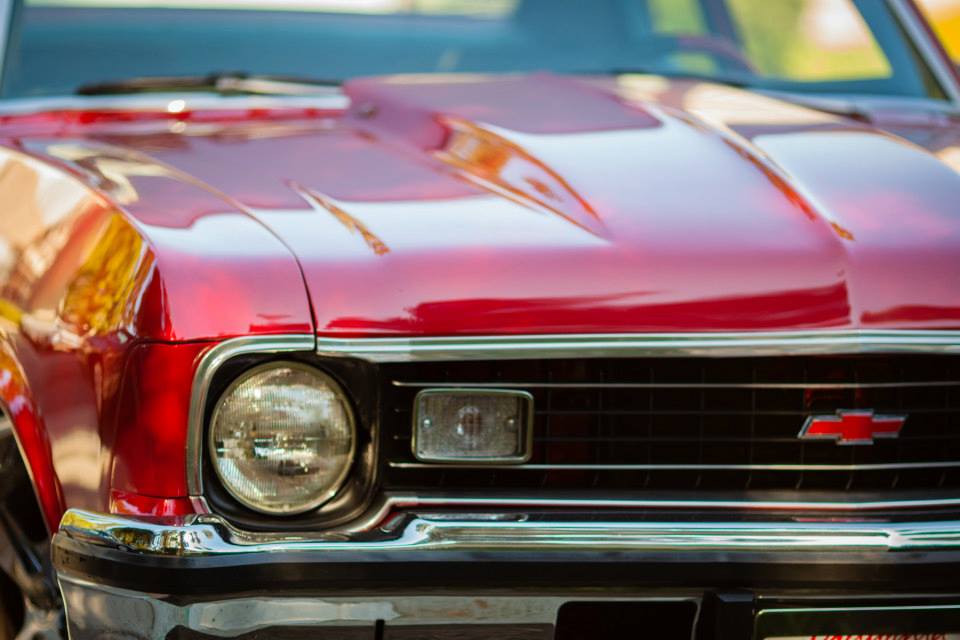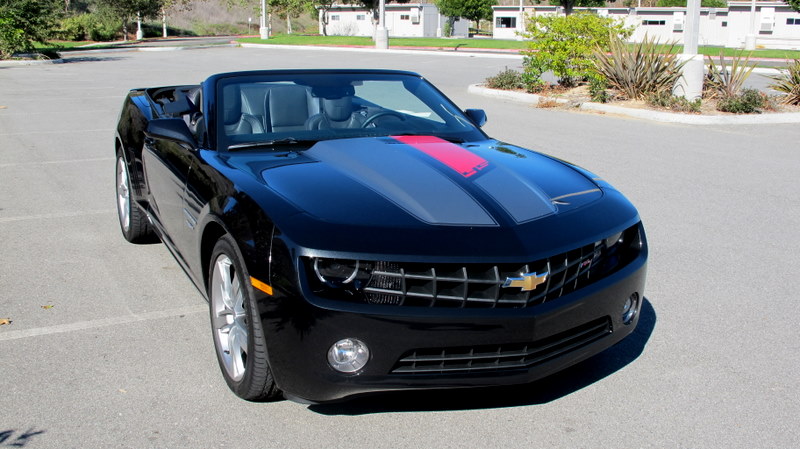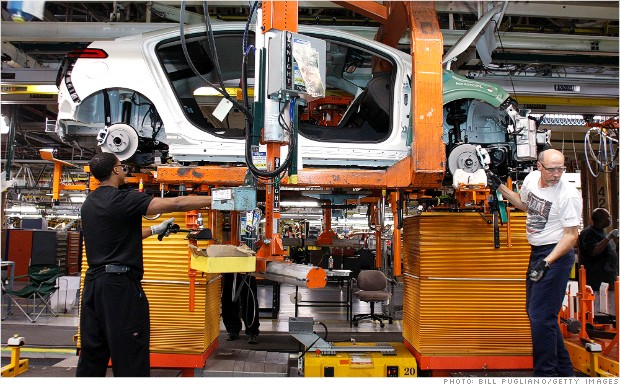Posted on 3/1/2017
It has come to light in the past several years that several Dodge and Chrysler vehicles are equipped with valve stems that are prone to corrosion and damage. This failure is most common in colder parts of the country, but even here in warmer states the failure still occurs routinely. This failure can and does happen on weakened valve stems sometimes by just simply unscrewing the cap to check the tire pressure. It should be noted that the valve stem is merely the most common part that fails, other parts of the system are also at risk. If you own a 2008-2011 Dodge Grand Caravan or Chrysler Town & Country, you may be at risk. These defects can cause tire blowouts, even at low speeds. There is currently a pending lawsuit against Chrysler over this issue, and their failure to issue a recall. Later models switched to rubberized valve stems to avoid the problems found in earlier models. At Convoy, we’ve had the unfortunate experience of dealing with the effects of this firsthand. I ... read more
Posted on 12/10/2013

Last week, we showed you the 10 most unreliable cars of 2013, but wanted to leave some hope for the future (the new year is fast approaching - we like to start it off on the right foot). This time we're featuring the 10 safest cars for 2014, but you'll be pleased to see some stylish, high performing vehicles among the safest. Car Safety Ratings New car, truck and SUV safety is a difficult thing to gauge not only because there are two main sources of information regarding crash testing—in the United States the Federal Government runs the NHTSA (National Highway Traffic Safety Administration), which also issues vehicle recalls, and there is also the IIHS (Insurance Institute for Highway Safety), which recently came out with an even more stringent test for new models, but also because "safety" can be a relative term when it comes to something as personal and important as driving. While we find the NHTSA&rsqu ... read more
Posted on 8/21/2013

Last week we attacked some of the most popular myths about American cars and totally BUSTED them. We rounded up the 10 most widely believed myths about American-made cars that car buyers still believe and present the evidence that proves they're all talk. This week, we have the second half of our car myths ready for busting! Adam and Jamie would be proud. Myth 6: All three companies would have gone under completely without Government aid—This may have been so in the case of Chrysler and GM (and even they paid off their aid in record time) but Ford took no Government aid, borrowing instead against everything the company owned - including its own logo. This paid off and now Ford is running a huge profit on it ... read more
Posted on 8/13/2013

For decades, many in the car-buying public looked upon the vehicles built by “The Big Three” (also known as Chrysler, Ford and GM) as inferior pieces of engineering work and inferior when it came to quality. Sadly, there were a few years way back when that this preconceived notion about American automobiles was wholeheartedly true; they simply were not as good as the European or Japanese competition. However, it has now been years since quality surveys showed any difference in vehicle quality due to where the manufacturer is based. If you look around nowadays, carmakers like Honda, BMW and Kia are just as likely to announce a recall on one of their vehicles for a safety or quality problem. Cars, trucks, SUVs, crossovers and even minivans are still mainly assembled by and are the creations of human beings and, sadly, humans are fallible and sometimes make mistakes. So perhaps it’s time you reconsider some of your pre-held n ... read more
Posted on 7/17/2013

Detroit was once a haven for prosperity and American-grown innovation thanks to its booming auto industry. But in 2008, this image changed as the “Big Three” auto manufacturers – General Motors, Chrysler and Ford – began to face catastrophic losses, known as the Detroit Auto Crisis. The Big Three, looking to earn high profit margins on their cars, focused their attention on SUVs and pickup trucks, cars with low fuel efficiency, which became unpopular as gas prices soared. Once gas prices tipped above $4 a gallon, gas-guzzling cars became totally undesirable, and the Big Three saw historic losses. High gas prices coupled with the stock market crash in September 2008 all but crippled the Big Three, particularly General Motors. In November 2008, General Motors’ Chief Executive pled before Congress for support. In December, the company was granted a $13.4 loan. Sales continued to plummet for the Big ... read more